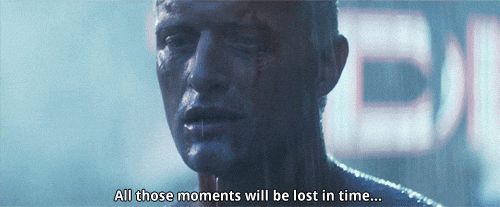Blade Runner, released in 1982, is a science fiction film directed by Ridley Scott that has left an indelible mark on popular culture. The movie's portrayal of a dystopian future where synthetic humans called replicants are created to serve humanity raises several thought-provoking questions about the nature of identity and what it means to be human.
One significant social implication of Blade Runner is its exploration of the ethical implications of creating artificial beings with advanced intelligence and emotions. The film challenges viewers to consider whether these replicants should have rights equal to those of humans, or if they can ever truly be considered as such due to their synthetic nature. This raises questions about our own treatment of marginalized groups in society who are often denied basic human rights based on perceived differences from the majority population.
Another important theme explored by Blade Runner is the impact of technology and urbanization on mental health and well-being. The film's setting, a crowded, polluted cityscape filled with neon lights and towering skyscrapers, reflects our own modern world where constant connectivity can lead to feelings of isolation and anxiety. By showcasing this stark contrast between the physical environment and the emotional state of its characters, Blade Runner encourages viewers to reflect on how technology may be shaping our relationships with one another and ourselves.
In conclusion, while Blade Runner is a work of fiction set in a distant future, it serves as an important reminder about the social implications that arise from technological advancements and societal attitudes towards those who are different or perceived to be less than human. As we continue to push the boundaries of what is possible through science and technology, it's crucial that we remain mindful of these issues and strive for a more equitable and compassionate society.
